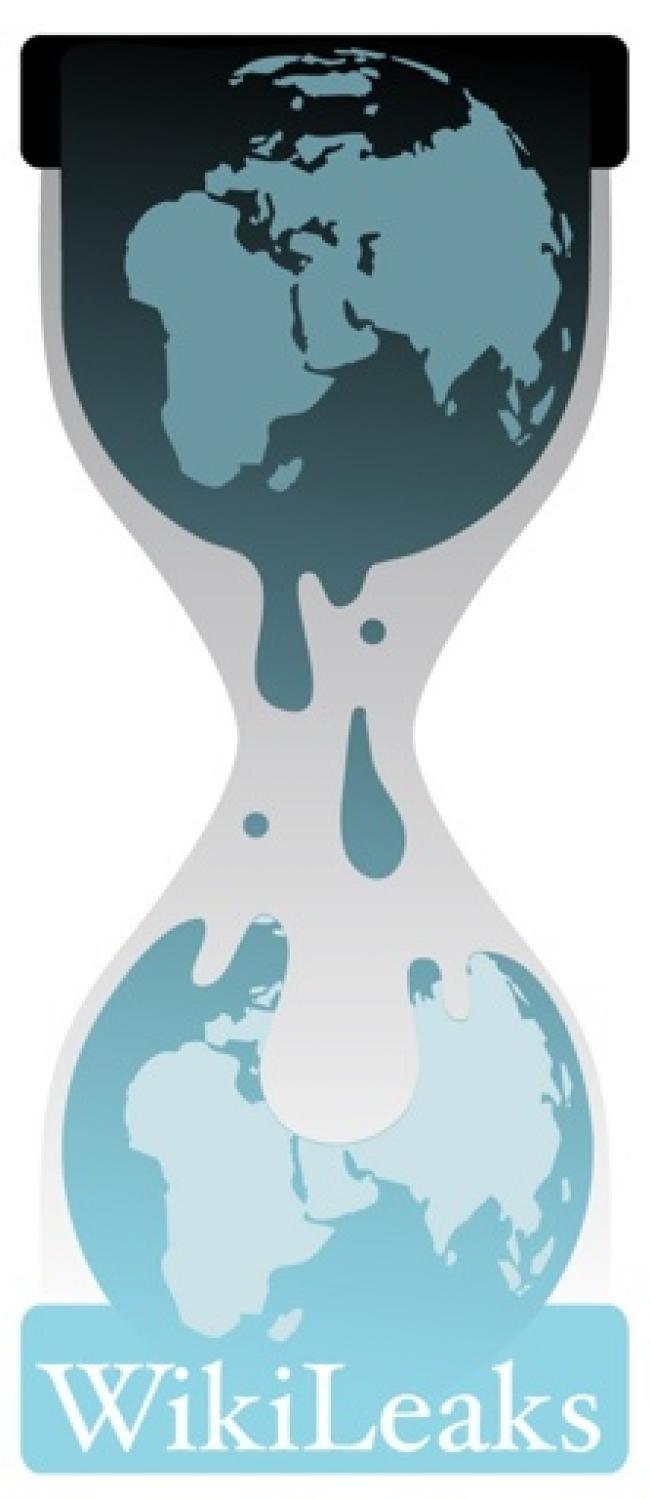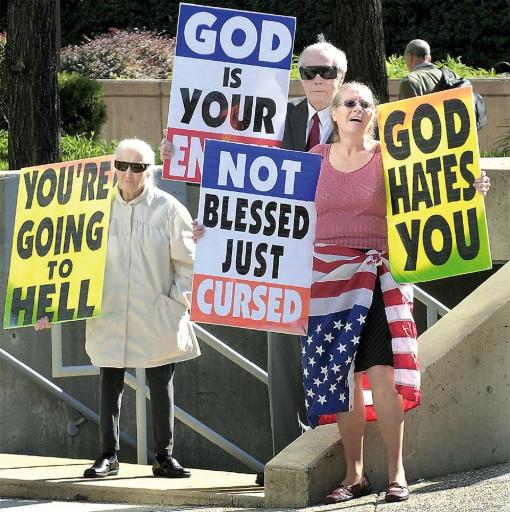 What is indecent when it comes to television programming, and does it matter whether it is delivered over-the-air or via cable or satellite or computer? Those are just some of the questions facing TV network executives today. In an 8-0 decision, the Supreme Court last week said that ABC and FOX will not have to pay fines imposed by the FCC after episodes of fleeting indecency. The ABC TV network had been fined for airing an episode of NYPD Blue that contained seven seconds of a woman’s backside while FOX had been fined for airing awards shows in which speakers used expletives in their unscripted remarks. According to the Court, the FCC policies were too vague and therefore violated the broadcasters’ rights to due process according to the Fifth Amendment.
What is indecent when it comes to television programming, and does it matter whether it is delivered over-the-air or via cable or satellite or computer? Those are just some of the questions facing TV network executives today. In an 8-0 decision, the Supreme Court last week said that ABC and FOX will not have to pay fines imposed by the FCC after episodes of fleeting indecency. The ABC TV network had been fined for airing an episode of NYPD Blue that contained seven seconds of a woman’s backside while FOX had been fined for airing awards shows in which speakers used expletives in their unscripted remarks. According to the Court, the FCC policies were too vague and therefore violated the broadcasters’ rights to due process according to the Fifth Amendment.
However, despite the unanimous ruling (Justice Sonia Sotomayor recused herself), the Court left in place the FCC’s right to regulate the airwaves. This right was established by the 1978 decision FCC vs. Pacifica. The now famous case was in response to a radio station airing George Carlin’s monologue about dirty words. According to the ruling the government has a right to regulate indecent speech–which would otherwise be protected by the First Amendment–at times when children are likely to be present in the audience. This has resulted in a policy that makes the hours between 10pm and 6am a “safe harbor” for indecent (but not obscene) speech since children are not expected to be viewing TV or listening to the radio during these hours.
The real confusion for many people is that broadcast TV is indiscernible from cable TV, and neither look much different from TV programming streaming on their computer or tablet. However the FCC, and its regulatory process, only applies to over-the-air broadcast TV. When NBC TV network is only two clicks away on the remote control from ESPN, History Channel, or MTV, the fact that NBC is prohibited from showing indecent content from 6am till 10pm while the others are free to do so seems, well, odd. Historically the distinction between public airwaves and private cable networks made sense, but today is appears to be unfair or inconsistent.
According to Edward Wyatt, writing in the NY Times,
All of which leaves broadcasters with little real grasp of what is allowed and what is not. Similarly, the public has no idea what to expect; the next time Cher appears on a live awards show, should adult viewers cover the ears of their 8-year-olds, or can they depend on the broadcasters to censor indecent content?



 Julian Assange, the Australian founder (and some might say diabolical mastermind) of WikiLeaks, would like to put an end to secrets. And now, modern internet technology is bringing us closer to that reality. For as long as there have been secrets, people have been revealing them. A few months ago a college student outed his gay roommate by using a strategically placed webcam connected to the internet. The same global internet technology is now being used to anonymously distribute state secrets and classified military documents to a global audience.
Julian Assange, the Australian founder (and some might say diabolical mastermind) of WikiLeaks, would like to put an end to secrets. And now, modern internet technology is bringing us closer to that reality. For as long as there have been secrets, people have been revealing them. A few months ago a college student outed his gay roommate by using a strategically placed webcam connected to the internet. The same global internet technology is now being used to anonymously distribute state secrets and classified military documents to a global audience.
